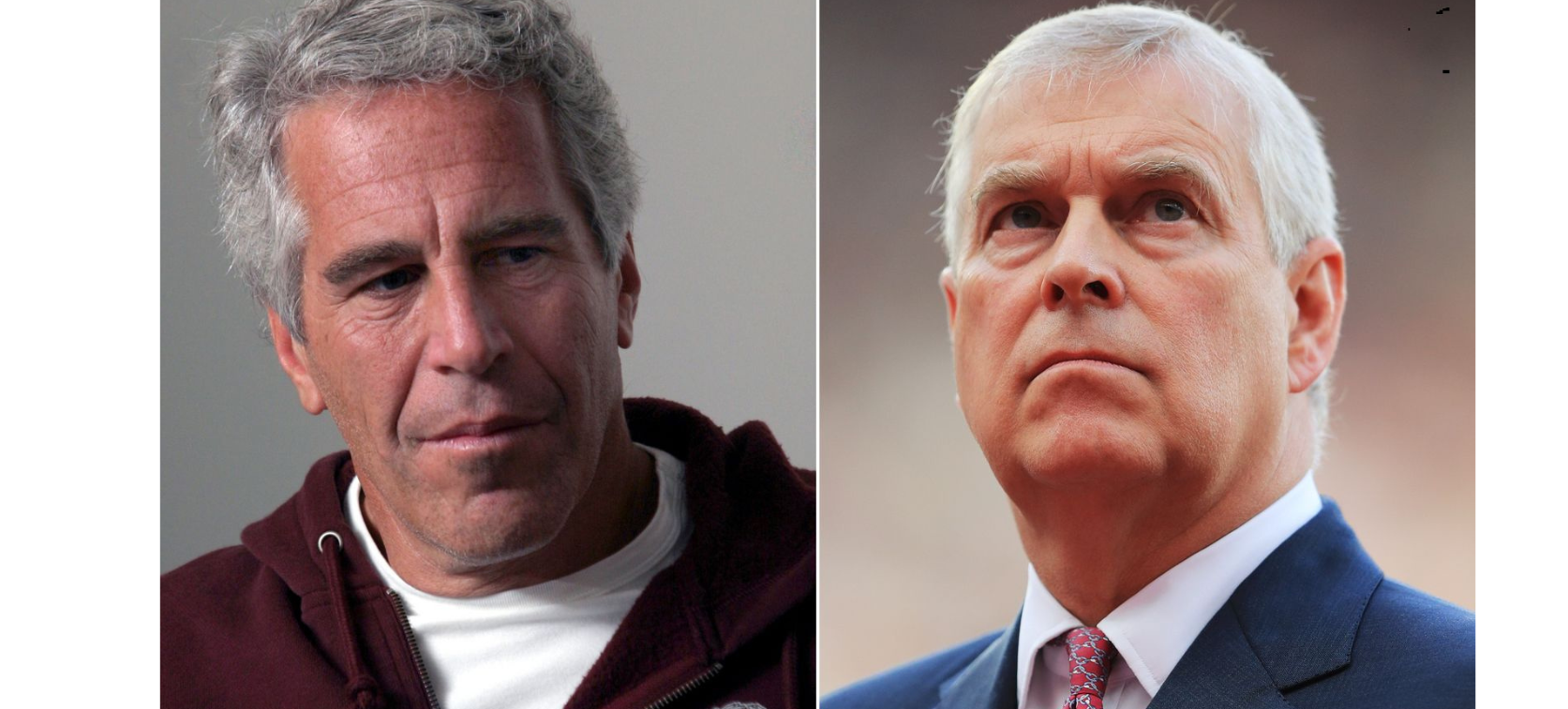For centuries, Britain’s most privileged men have preyed on the vulnerable, protected by status and silence. The Epstein revelations are only the latest chapter in a story the nation refuses to face.
Virginia Giuffre’s posthumous memoir, Nobody’s Girl, tells a story of abuse, exploitation and fear at the hands of the rich and powerful — and it reads like a warning from history. She recounts in harrowing detail how, as a teenager, she was trafficked and sexually abused by Jeffrey Epstein and his network of elites, including allegations involving Prince Andrew, who has denied wrongdoing. Giuffre’s story, published after her tragic death, exposes a pattern of predation and impunity that has long existed behind the gilded facades of wealth and privilege.
Her memoir arrives at a moment when Britain’s attention is often elsewhere — fixated on immigration as a threat to women’s safety. Yet the truth Giuffre reveals is stark: the greatest danger has always been closer to home, inside the very structures of power that claim to protect society.
A History Written in Exploitation
Giuffre’s experiences are not isolated. For centuries, the British elite — insulated by wealth, titles and influence — have exploited the vulnerable with near impunity. In 1885, the Maiden Tribute of Modern Babylon scandal revealed the sexual exploitation of underage girls by London’s upper classes, leading to the criminalisation of child prostitution. Behind Victorian moral outrage, an underworld of privilege-fed predation thrived — one that the establishment acted against only when public outcry became impossible to ignore.
Even earlier, the Hellfire Club, an 18th-century society of noblemen, hosted secretive rituals where women were abused under the guise of libertine fun. These men were not anomalies; they were emblematic of a system that allowed excess and exploitation to flourish as long as it remained discreet.
The Modern Mask of Respectability
The 20th century offered no respite. Jimmy Savile’s decades of abuse went unchecked, shielded by proximity to power — knighted, welcomed into royal circles, and given access to hospitals and institutions where he preyed on the vulnerable. Similarly, MP Cyril Smith faced repeated allegations of sexual abuse that were suppressed by the establishment.
John Boothby, a peer linked to the Kray twins, exploited youths during the 1960s under the cover of status and secrecy. These cases, alongside Giuffre’s story, illustrate a continuous line: Britain has repeatedly failed to hold its powerful to account, and the structures that allow exploitation have adapted, but never disappeared.
A Systemic, Not a Foreign, Problem
At the same time, public discourse often focuses on immigrant men as a threat to women. High-profile grooming gang cases have provoked outrage, but their political weaponisation — framing abuse as a cultural pathology of outsiders — obscures the truth: abuse in Britain has never depended on immigration. It has been nurtured in stately homes, elite schools, and private clubs for centuries.
The fixation on “foreign threats” functions as a moral diversion. It reassures the public that danger lies outside the gates of privilege rather than within. In reality, predators most protected by the British establishment have always worn suits, medals, and titles.
The Culture of Impunity
What unites these scandals — from the Maiden Tribute to Epstein — is not merely individual depravity but systemic complicity. Warnings are ignored, victims disbelieved, and powerful names quietly removed from investigations. The law, press, and even monarchy have long acted to contain scandals rather than expose them when the accused are the ruling class.
In a Britain still grappling with class, privilege and power, these stories are not relics of the past but warnings about the present. From Westminster to Windsor, structures that once allowed men to act without consequence remain intact, clothed in charity, tradition and discretion. Each scandal sparks outrage, yet little changes — because the system protects itself first. Perhaps it is time for Britain to look beyond politicians and policies, and question the system itself: the architecture of wealth, influence, and deference that allows abuse to flourish generation after generation.
Need Help?
-
[email protected]
-
Follow us on Instagram
-
Follow us on TikTok
